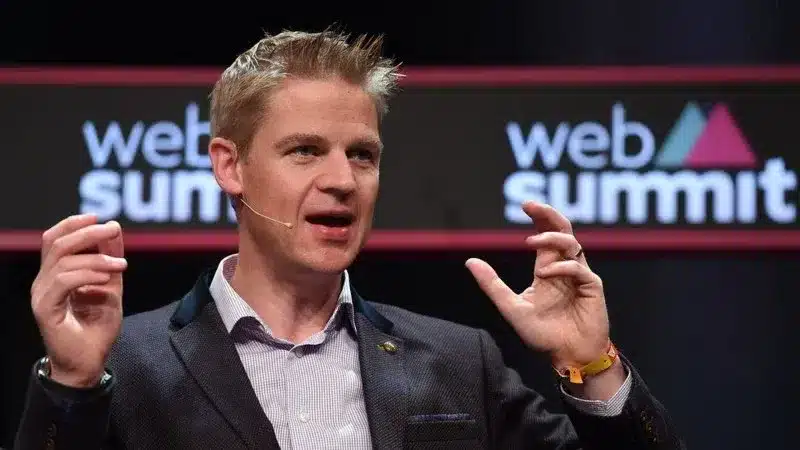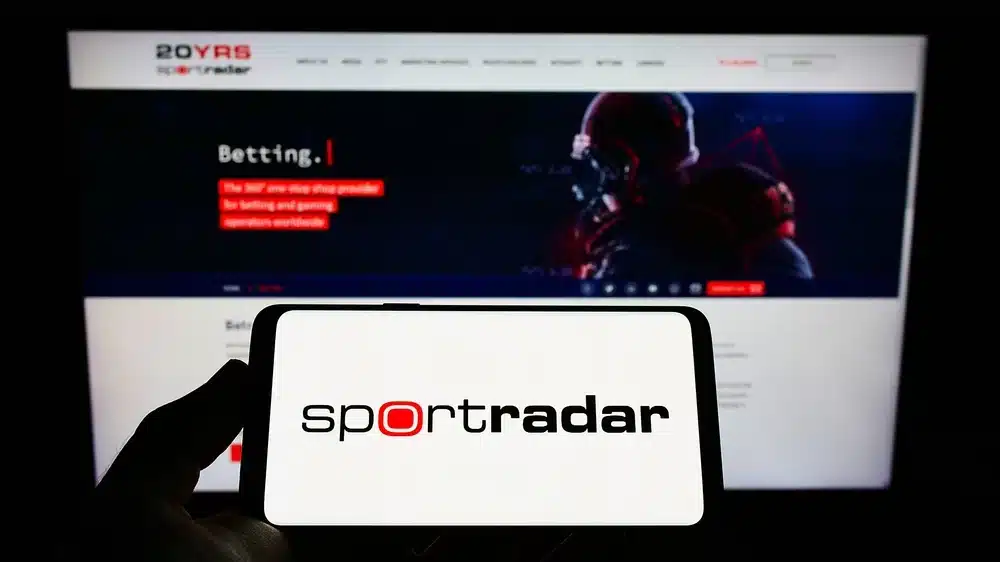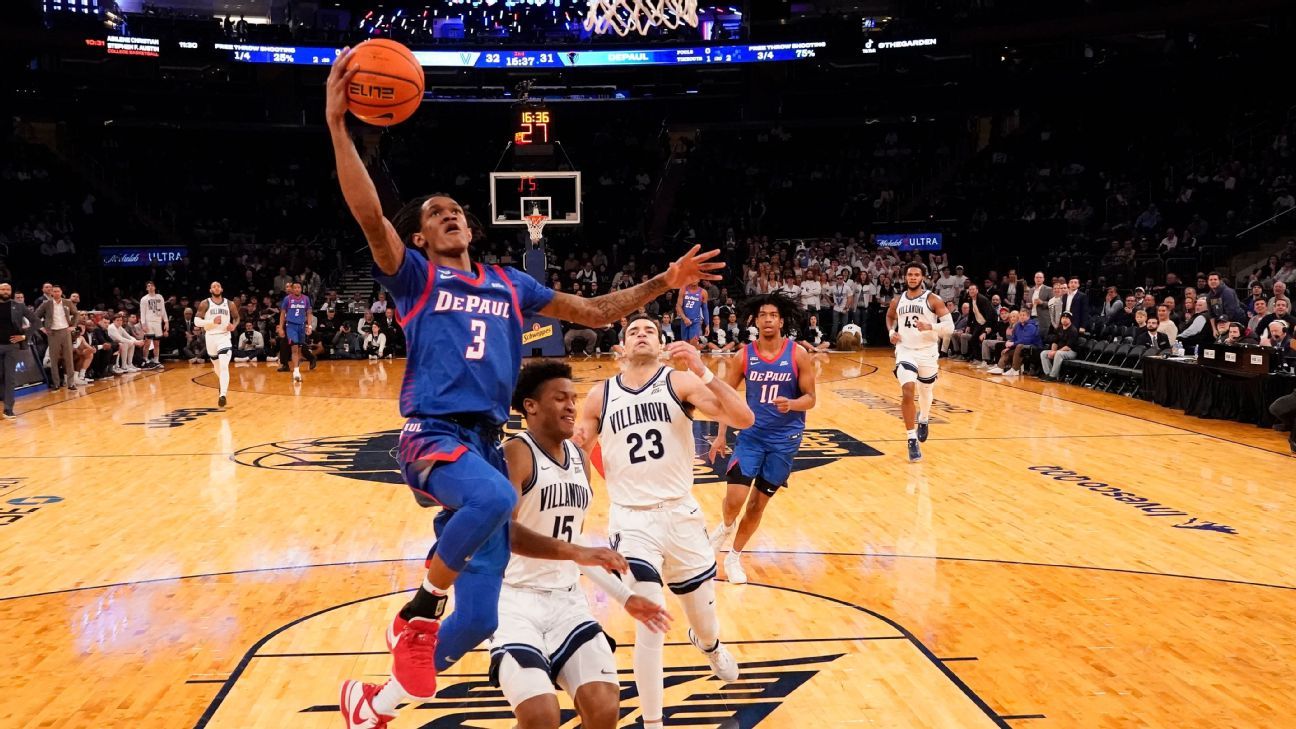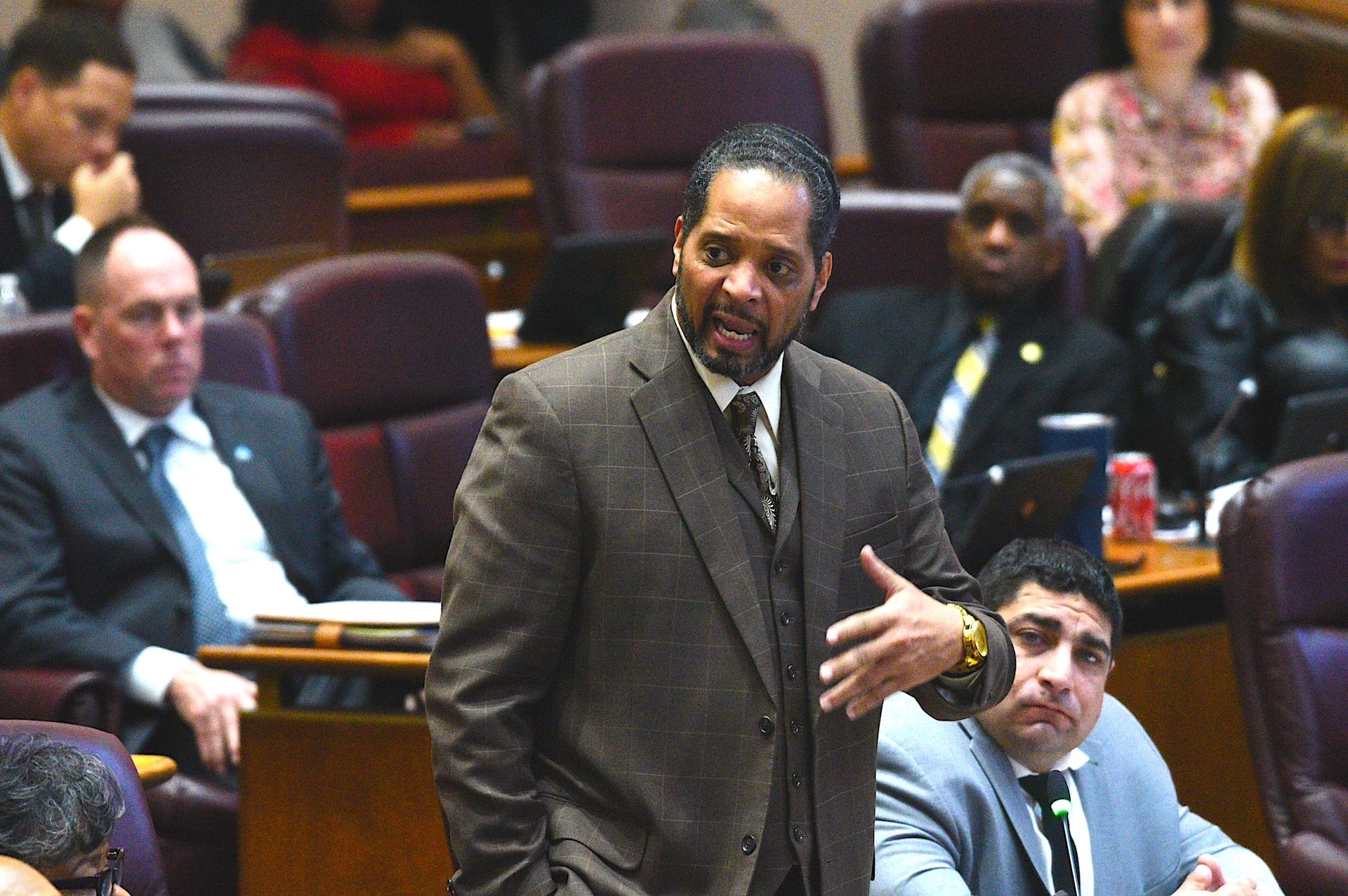
Seneca Nation of Indians pay $565m to New York State
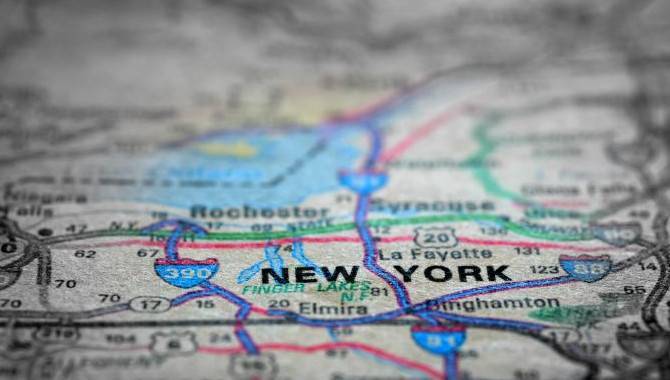
The tribe sent in the money after the state government froze its bank accounts at the conclusion of a five-year legal battle.
New York State received a payment of almost $565m in casino revenue from the Seneca Nation of Indians. After a five-year legal battle over whether the Senecas had to continue contributing 25% of its slot machine revenues to the state from their three casinos, the Seneca Nation Council agreed to send the payment earlier this week.
The Seneca Nation sent the New York the money after Governor Hochul’s administration froze the nation’s bank accounts as part of a legal maneuver to force payment.
Seneca Nation President Matthew Pagels said the tribe had no choice but to pay the state.
“The Seneca Nation simply could not stand by while New York State intentionally attempted to hold the Seneca people and thousands of Western New Yorkers hostage,” Pagels said.
Under the terms of the tribal compact formed in 2002 allowing the nation to build casinos in New York, the Senecas were to share funds with state and local governments during the second half of a 14-year agreement.
An automatic renewal if neither party objected was also put in place as part of the deal.
The Senecas asserted they no longer had to share casino revenue during the renewal period, and the nation stopped sharing revenues in 2017. The state sued soon after.
During the wait, the Hochul administration signed an agreement with the Buffalo Bills that calls for a $600m contribution from the state. Total cost of the new stadium is close to $1.4bn.
Governor Kathy Hochul said: “My view is that this money was all generated in Western New York, and I would directly allocate that money to go to the state’s $600m share for the stadium.”
Hochul said the Seneca funds means taxpayers won’t take such a direct hit for the remaining stadium cost.
She said including the Seneca cash as funding for the project would reduce the state taxpayer funding for the stadium to $172m.
Not all of the recent payment will stay in the state’s accounts. Several million will be paid out to cities of Niagara Falls, Buffalo and Salamanca as their shares of casino revenues.
Players trust our reporting due to our commitment to unbiased and professional evaluations of the iGaming sector. We track hundreds of platforms and industry updates daily to ensure our news feed and leaderboards reflect the most recent market shifts. With nearly two decades of experience within iGaming, our team provides a wealth of expert knowledge. This long-standing expertise enables us to deliver thorough, reliable news and guidance to our readers.

